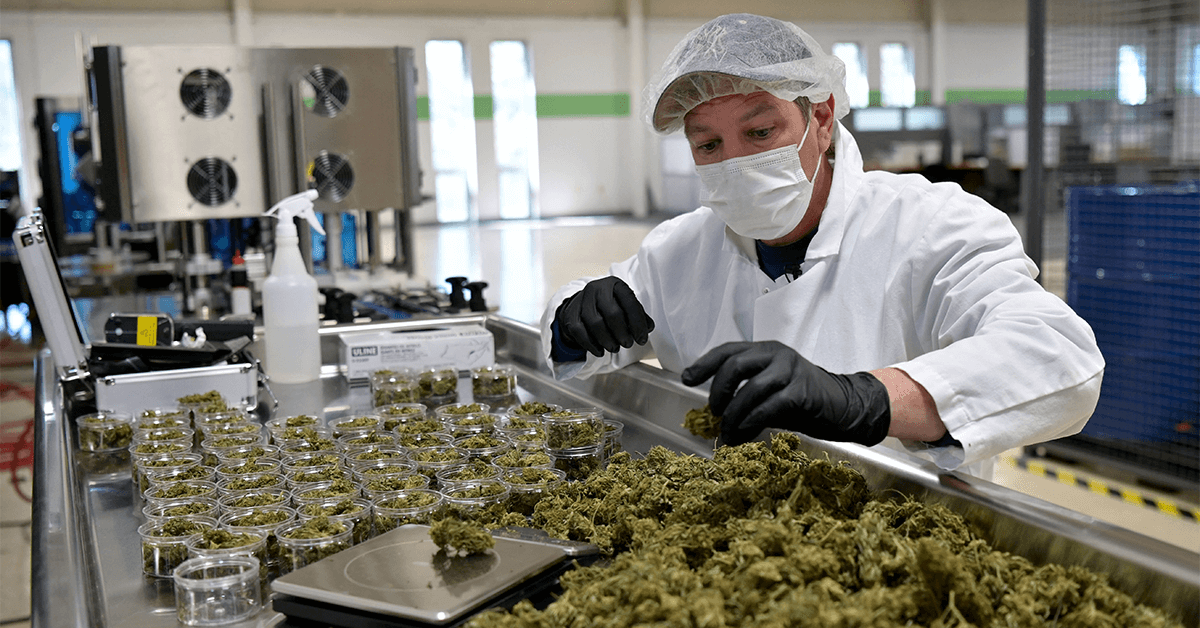Michigan Leads the Way in Cannabis Industry Job Growth

In the burgeoning cannabis industry within the United States, Michigan emerges as a pivotal player amid nationwide growth and diversification. The industry now underpins over 440,000 full-time positions across the country, representing a near 5% growth in the last year alone. This progress, while more restrained compared to the rapid expansions of earlier years, underscores the industry's robustness and its significant contribution to the economy. Despite a temporary lull in job growth observed between 2022 and 2023, the sector has shown remarkable resilience, bouncing back with vigor. This upward trend in employment is particularly pronounced in states like Michigan, where burgeoning sales and the establishment of adult-use cannabis markets have catalyzed a substantial rise in job creation.
While Michigan thrives, other long-established cannabis markets such as Colorado, Washington, and California have encountered setbacks, including job reductions. These challenges are largely due to market saturation, diminished cannabis tourism, and regulatory complications, showcasing the nuanced dynamics of the cannabis sector across different regions.
The job landscape within the cannabis sector is diverse, spanning from cultivation and retail positions to executive roles, all offering competitive compensation. This range not only signifies the sector's growth but also its maturation, reflecting an industry evolving in complexity and scope. Furthermore, projections suggest a buoyant future, with anticipations of renewed job growth and a significant uptick in cannabis revenue by 2035. Such forecasts underscore the confidence in the long-term sustainability and economic influence of the cannabis industry.
The industry's progression is also mirrored in the broader discourse around cannabis legalization and regulation at the federal level, as evidenced by initiatives like the U.S. Census Bureau's tracking of cannabis business activities and tax revenues. Moreover, conversations around unionization and workers' rights within the sector highlight the extensive social and economic ramifications of cannabis legalization.
With job growth as a barometer for its economic impact, the cannabis industry stands at a crossroads of opportunity and challenge. While hurdles persist in more mature markets grappling with oversupply and increased competition, the overarching trend leans towards growth and professionalization. As the cannabis industry continues to evolve, it is set to significantly influence the U.S. economic landscape and labor market, particularly in states like Michigan, which are at the forefront of this transformation.
Share this article:
Spotted a typo, grammatical error, or a factual inaccuracy? Let us know - we're committed to correcting errors swiftly and accurately!








 Helpful Links
Helpful Links